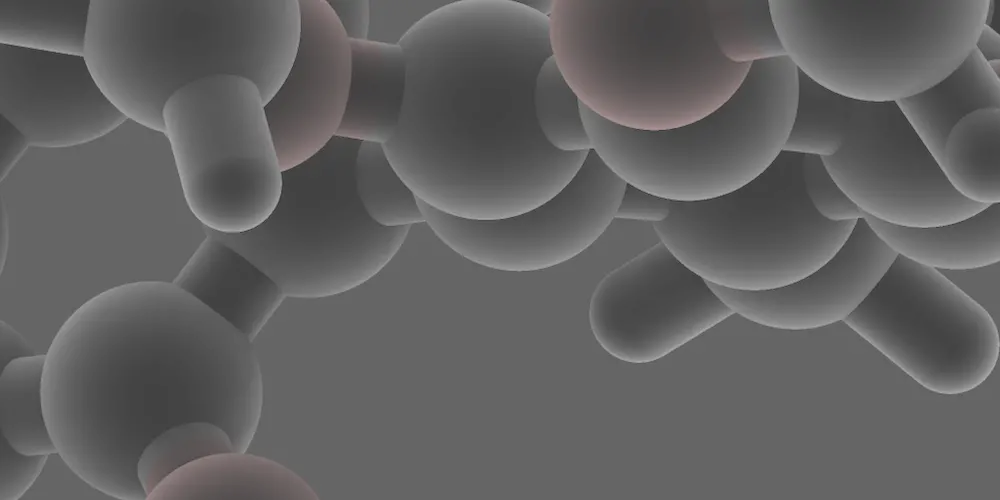Written by J.A Dobado | Last Updated on April 22, 2024

In order to understand all the aspects involved in the synthesis and reactivity of organic molecules, it is important to understand the main reactions of these functional groups in the simplest cases. Therefore, the study of monofunctional molecules (having only one main functional group) is addressed first.
Here, you will find general characteristics, as well as a summary of the synthetic procedures and reactivity of the most common functional groups.
In Organic Chemistry the concept of Functional Group is defined as: A grouping of atoms that give the molecules that possess them certain properties and behavior.
The study of organic chemistry is simplified by classifying organic molecules according to their functional groups. This is because they give the molecule practically identical properties regardless of the carbon skeleton in which it is presented.
Only when a molecule has more than one functional group (polyfunctional molecules) do new or different properties appear due to the interaction of the various functional groups.
Summary
Basic organic chemistry is devoted primarily to the study of related functional groups: